
by GoodWorkLabs | Jul 29, 2025 | AI
Introduction In an increasingly competitive digital economy, companies are under pressure to innovate faster and smarter. Artificial Intelligence (AI) has become the catalyst for this evolution, transforming the way digital products are designed, built, and deployed....
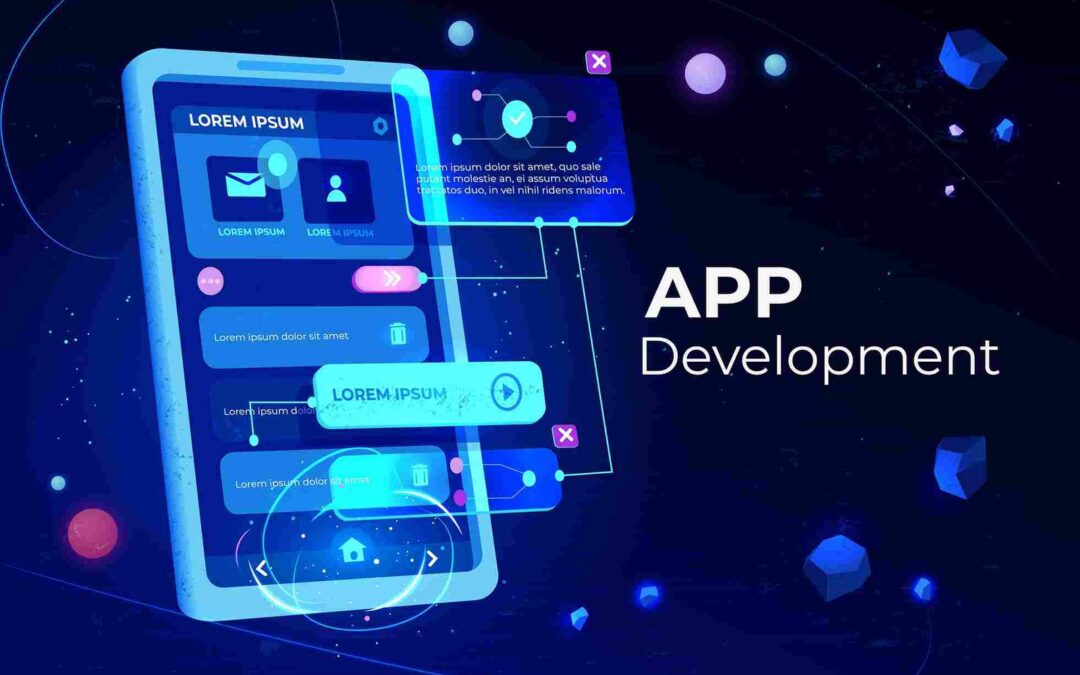
by GoodWorkLabs | Jul 8, 2025 | AI
1. AI Code Generation: From Concept to Code Instantly AI-powered code generation tools like GitHub Copilot and OpenAI Codex can write significant blocks of code from natural language prompts. Powered by LLMs trained on millions of repositories, these tools accelerate...

by GoodWorkLabs | Jun 30, 2025 | AI & ML
In an era where AI-driven app development and machine learning in mobile apps define competitive advantage, businesses seek custom application development that is smart, scalable, and future-ready. At GoodWorkLabs, we harness artificial intelligence (AI) and machine...

by GoodWorkLabs | Jun 20, 2025 | AI
Introduction: The Importance of Choosing the Right AI Development Company In an era where AI development services are shaping entire industries, selecting the best AI company for your project has never been more crucial. With rapid innovations in machine learning...

by GoodWorkLabs | Jun 10, 2025 | Software Development
Introduction In the rapidly evolving AI-driven landscape, Generative Engine Optimization (GEO) is reshaping how software development companies maintain online visibility. As traditional SEO gives way to GEO, firms like GoodWorkLabs are leading the way blending deep...







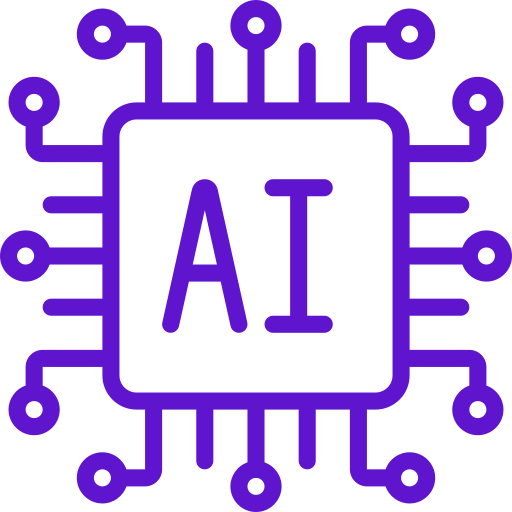 AI & ML Advisory Services
AI & ML Advisory Services Software Development
Software Development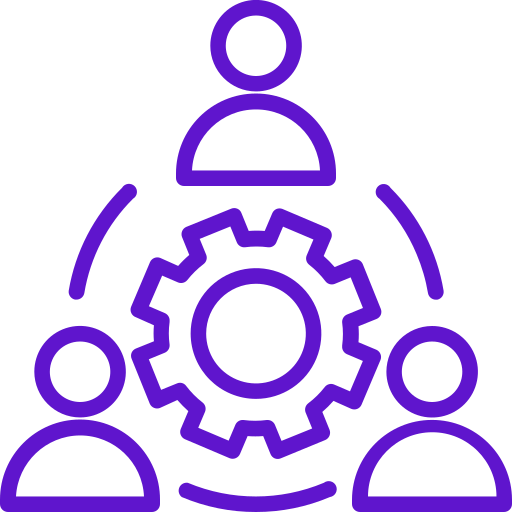 Staff Augmentation
Staff Augmentation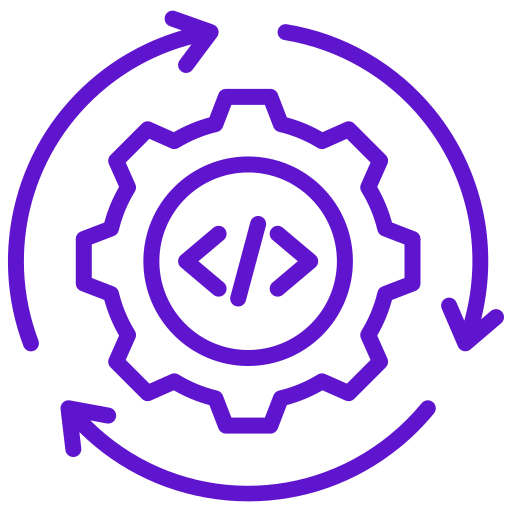 DevOps Consulting Services
DevOps Consulting Services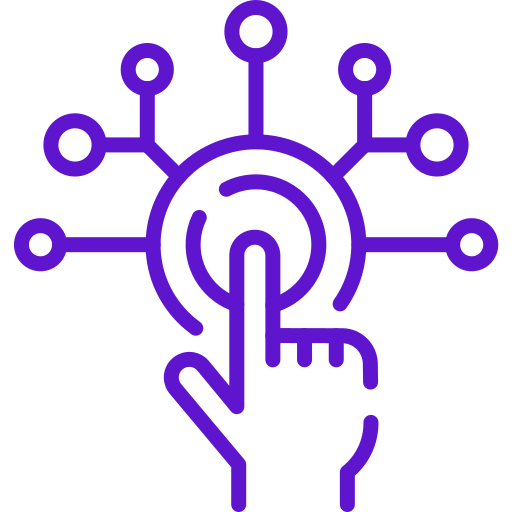 Digital Transformation
Digital Transformation Talent And PRO Solution
Talent And PRO Solution Artificial Intelligence
Artificial Intelligence UX Design Studio
UX Design Studio Robotic Process Automation
Robotic Process Automation Global Capability Center(GCC)
Global Capability Center(GCC) Platform Strategy
Platform Strategy Cloud Services
Cloud Services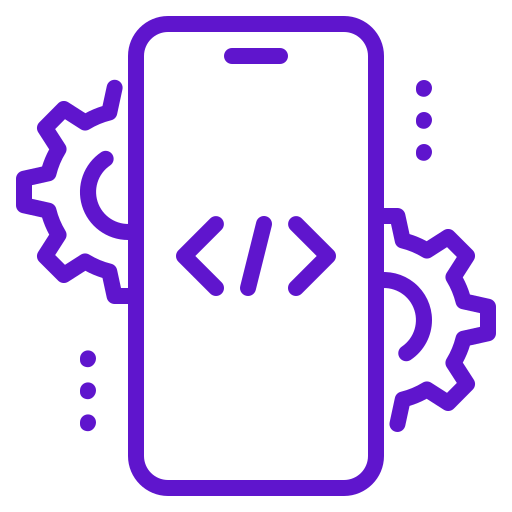 Mobile App Development
Mobile App Development Games Development
Games Development IOT Application Development
IOT Application Development Corporate Training Services
Corporate Training Services